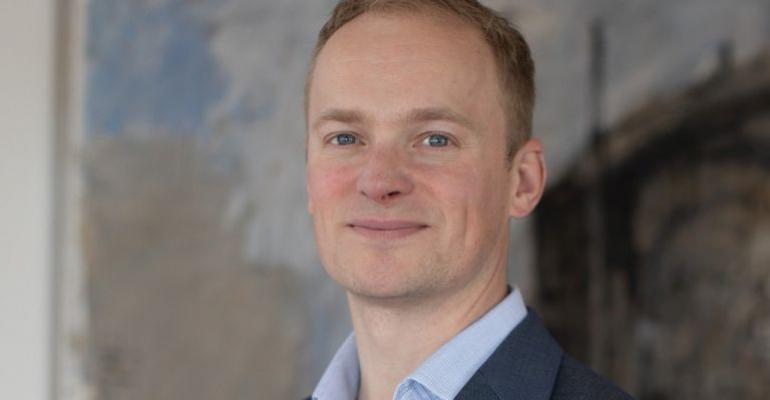Ship propulsion optimisation specialist Lean Marine is leading the R&D project named Via Kaizen, funded by the Swedish Transport Administration and coordinated by consultancy CIT Industriell Energi AB.
Lean Marine and AI-application developers Molflow are collaborating with academia from the Chalmers University of Technology in Gothenburg to develop the new AI-powered, semi-autonomous system for planning and executing more energy efficient sea voyages since the project commenced in August 2020.
Lean Marine said its FuelOpt and Fleet Analytics technology and Molflow’s Slipstream technology will enable a higher degree of digitalisation and automation in vessel operations.
Linus Ideskog, director of development at Lean Marine, explained: “Once the ‘perfect simulated journey’ is determined, FuelOpt steps in and creates an interface between the captain and the AI-based voyage planning solution, empowering them to cooperate and execute the voyage accordingly.”
Joakim Moller, founder of Molflow, said: “In the Via Kaizen project, Slipstream will be trained on ship data available from Lean Marine’s Fleet Analytics platform and will describe the vessel performance in different conditions with deep learning technologies. Our Slipstream system will then be able to determine, given the constraints of the route and the ship, the most energy efficient voyage and calculate the commands that need to be set to reach the destination with the least possible amount of fuel consumed.”
From an academic perspective, naval architect researchers at the Chalmers University of Technology are working on the development of new methods, models, and algorithms. Researchers from social anthropology and human factors at Gothenburg University and Linnaeus University are conducting research on what happens to practices onboard and ashore as the new technology is implemented.
In addition to the project partners, a trio of shipowners and operators are involved including chemical/product tanker owner and operator Rederiet Stenersen, and PCTC owner and operator UECC. By offering their vessels for technology and product validations, they will enable onboard testing, and the results will be directly evaluated within the scope of the project.
Mikael Laurin, ceo of Lean Marine, commented: “We believe this project will contribute considerably to the reduction of emissions both from international and domestic transportation, importantly making Swedish shipping more sustainable and competitive in the long-term.”
Copyright © 2024. All rights reserved. Seatrade, a trading name of Informa Markets (UK) Limited.
Add Seatrade Maritime News to your Google News feed.  |

